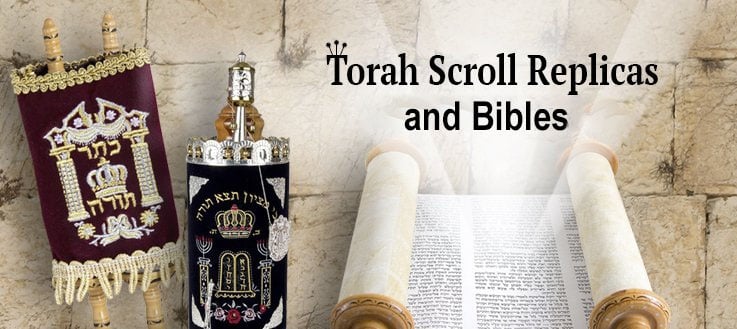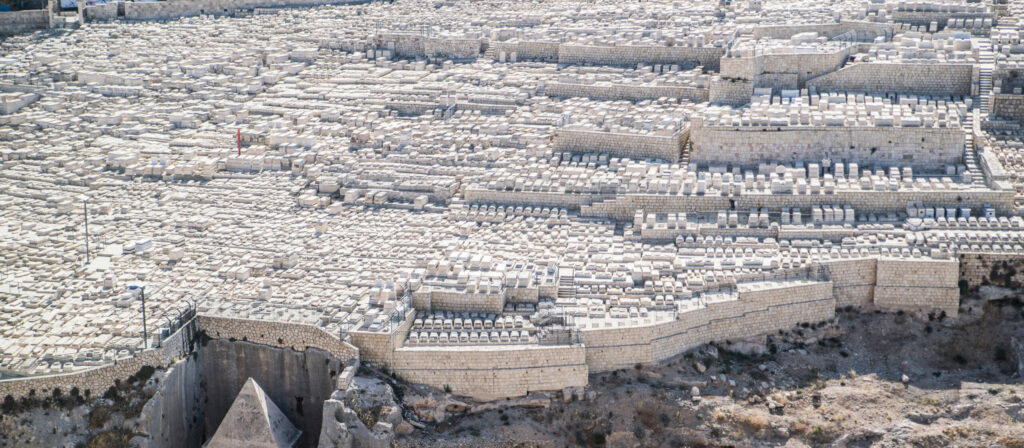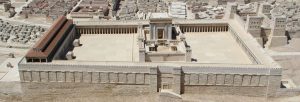The afterlife is one of the “big questions” that has fascinated people for millennia, whether as a theoretical interest, or after a loved one has passed away. In the Chumash (5 Books of Moses), there is next to no reference to the afterlife, while in the rest of the Tanakh there is only slightly more.
While other religions have the highly-popularized concept of Heaven and Hell, Judaism’s view of the afterlife is not quite what you may be expecting when you hear those terms.
Read on to learn more about what the afterlife means in Judaism!
Jewish concepts of what happens after we die are explained in the Oral Torah, including the Gemara and writings of Kabbalah like the Zohar. However, many of the descriptions still lack many of the detailed, logistic answers that those curious about life after life want to know.
Knowing what is past death’s doorstep may be useful for some people as a motivation to act well now, or they are curious about loved ones. If you are beginning to learn this topic as a mourner, reach out to a trusted rabbinic authority who can explain the laws and customs of mourning, burial, and anything else related to when a soul leaves this earth.
Too much fixation on what is to come is in some ways antithetical to the purpose of life though, according to Judaism. Before one can reach any of these stages, remember that life is a gift, a time to improve oneself, learn Torah, and do mitzvahs, so as to give each soul the best standing in the next world.
Olam Ha-Ba (The World to Come):
Olam Ha-Ba is a future world that follows the Messianic era, but many people also use this term to refer to a soul’s final destination. It is described as a time of ultimate peace, spiritual fulfillment, and reward for righteous individuals. This concept is based on the belief in the eventual arrival of the Messiah and the restoration of the world to a state of perfection.
While specific details about Olam Ha-Ba vary, especially in regard to its relationship in time to the era of Moshiach (the Jewish Messiah), it is generally considered a state of eternal life and closeness to G-d.
Gehinnom:
Gehinnom, named after the valley in Jerusalem where idolaters once worshipped and garbage was burnt and discarded, is sometimes described as an afterlife place of spiritual purification and temporary rehabilitation for those who have not fully atoned for their sins during their lifetime.
While matters of time are difficult to comprehend when it comes to the infinitude of the soul, it is certainly temporary as a means to cleanse the soul and even for the worst person on earth it would only last a year, and could even be as short as a fraction of a second for an intensely righteous person. This is why for the passing of a parent—the longest amount of time someone will need to say the Kadish mourner’s prayer—a mourner will only recite Kadish each day for the first 11 months (even in a leap year) as we want to assume the soul did not need the full year.
One typical view of what Gehinnom looks like is that there are essentially two projections simultaneously; one is the life one led, and the other is the life one could have led, and the embarrassment of not reaching one’s full potential is realized as a form of intense pain on the soul which burns for the sins. It is viewed as a means of cleansing the soul in preparation for its eventual ascent to Olam Ha-Ba, which will be eternal. It is not a punishment per se any more than putting metal in a fire to clean it: the more germs, the longer the time in the fire will be to have a purifying effect.
While many other sources have taken from this concept, including Islam’s Jahannam, or even modern fantasy ideas like Dungeons and Dragons Gehenna, those ideas will not be necessarily authentic or representative.
Olam Ha-Neshamot (The World of Souls) / Gan Eden:
Before a soul goes to Olam Ha-Ba, and after it spends the necessary time in Gehinnom, Olam Ha-Neshamot is like a waiting room as it were. It is not a void—it is still going to be a place close to G-d—but it isn’t the full iteration of the redemption (Geula) that is to come. Some will associate this with Gan Eden (Garden of Eden) though how blissful it is might also depend on how righteous one’s life was.
The Talmud and other Jewish texts discuss Gan Eden as a realm of spiritual delights and closeness to G-d. It is seen as a temporary abode for the souls of the righteous until the time of the resurrection of the dead.
Techiat Ha-Metim (Resurrection of the Dead):
The concept of bodily resurrection is an integral part of traditional Jewish belief, and many Jews pray for this every day, 3 times a day, including on Shabbat and holidays. It is a time when G-d will resurrect the dead, reuniting their souls with their physical bodies.
This idea is rooted in the Jewish belief in the ultimate redemption of the world and the restoration of all things. This is often connected to the time of Moshiach—though not to say that they are the same—and aside from the fact it will happen after his arrival the specifics are not defined. This is the total conclusion and perfection of the universe, when everything will be in peace and equilibrium in connection with G-d.
Other notable points: There are a few other notable mentions that one should be familiar with, but that don’t fit into the normal scope for most souls.
Sheol is the only thing mentioned in connection to the afterlife in the Chumash and also mentioned later in Tehillim (Psalms), originally created for Korach, who was swallowed up into it, according to midrashic teaching. It is a total void, where the soul is not close to G-d, there is no ability for redemption, and essentially that soul’s existence is scrubbed from the world.
On the other end of the scale, some kabbalistic teachings mention instances of reincarnation called ‘gilgul’ though how literal this is, or if this is talking about one person being a spiritual successor / tikkun (correction) of another person is a matter of some discussion.
Ultimately, all of these points should not be a main focus during life. These ideas are only mentioned briefly and infrequently throughout any part of the Torah because the point of life is not to focus on death, but indeed to make the best of each moment which could, G-d forbid, come to an end in an instant. If the afterlife is a motivating factor for someone to act well for fear of punishment and distance from G-d, that can help for a short time but one still needs to be motivated even more by a love of Torah. If G-d wanted us to know any more there would be extensive information on it, but for now, do mitzahs, help your community, and be virtuous.















